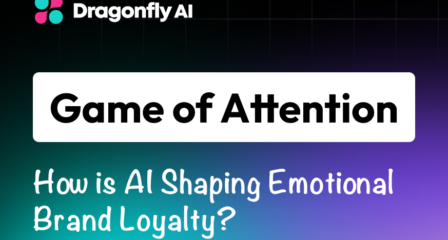
What were you doing on the 28th August 1999? Any idea?
If I am really unlucky, it may have been your wedding day or a significant birthday, but for most of us, it is unlikely that we could recall much about it.
Fast forward two weeks – what about the 11th September 1999, any idea of your itinerary on that day? No, nor me.
And yet, if we fast forward another two years to the 11th September 2001, I bet you are now able to tell me a huge amount about what you were doing on that particular day. 20 years ago today. 9/11 as you may be more familiar with it. The day of the terrorist attack on the Twin Towers in New York. This is courtesy of a phenomena called ‘Flashbulb memory’.
Flashbulb memories are rare moments within our personal history, where we can recall in great detail the events of a particular time in our life. The details we can usually recollect are:
- Where we were
- Who we were with
- What we were doing
- How we were informed
- What we did later that day
But why is it some moments can be captured in this way?
The key to flashbulb memories is usually the intense emotions which are experienced at the time. The shock and horror of events such as 9/11, the death of Princess Diana, the Challenger Space Shuttle explosion or the shooting of John F. Kenedy are frequent flashbulb memories that people share. However, not all of our flashbulb memories will be shared, nor will they all be negative. What about the moment your beloved proposed to you, or seeing your newborn child for the first time? Maybe for you, they are flashbulb memories too.
So how are they created?
The amygdala is the area of the brain which is largely responsible for experiencing and regulating emotions. This also impacts our learning and memories, particularly when the person is in a state of arousal e.g. experiencing fear or excitement. It is therefore thought that flashbulb memories gain their vivid and enduring nature as a result of the extreme intensity of the emotions being experienced at the time.
However, there could be another factor too. These memories tend to be ones which are key for us – either individually or collectively. For that reason, we often revisit them soon after they have happened, providing an account for anyone who will listen of what we were doing when we heard, who we were with etc. Sound familiar? The frequency with which we do this in the hours and days after the event itself, mean we effectively lay down some very strong neural pathways within our brain. Far stronger than the pathways laid down by our memories for the days and months either side of the event in question.
So, as you spend today recounting your memories of where you were 20 years ago, what you were doing and who you were with, just marvel at the way your brain can provide such vivid and detailed recollections…even if it can’t help you remember where you left your car keys this morning.




